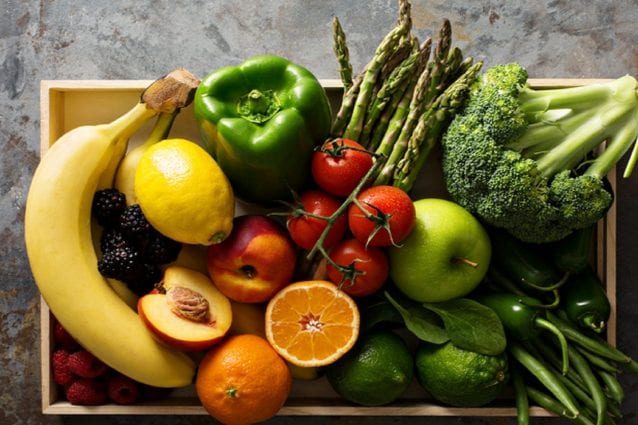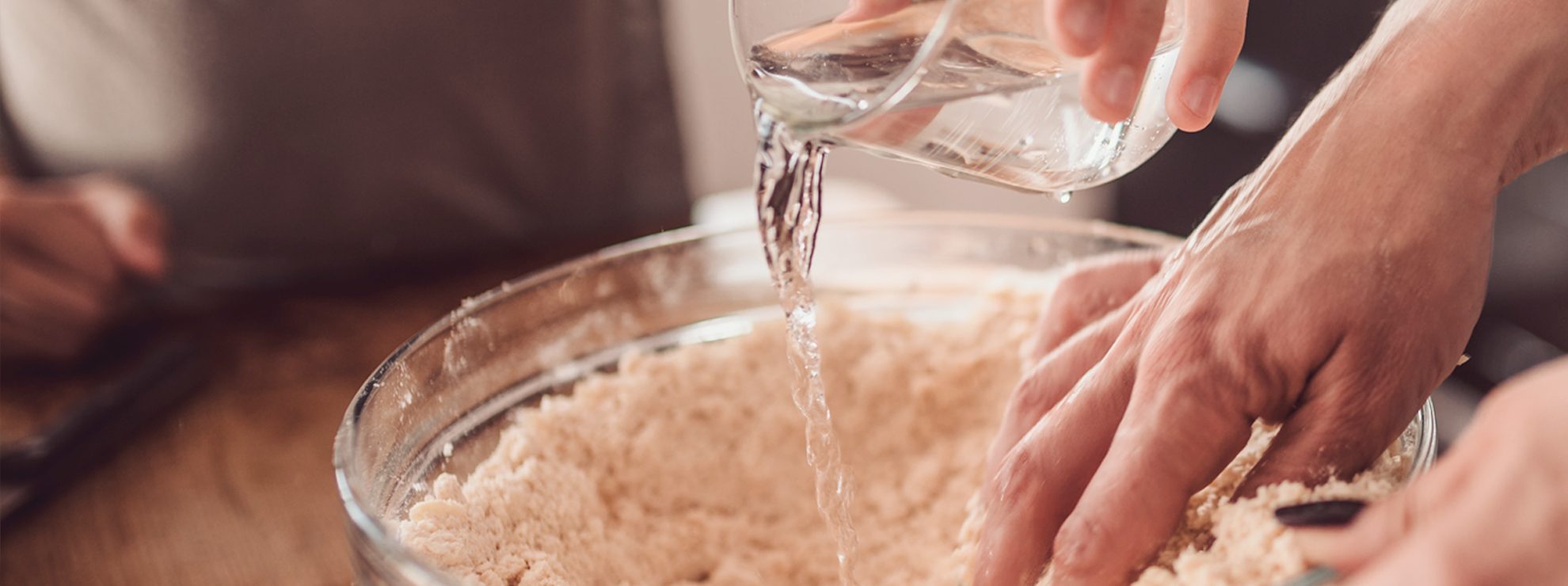Iron, calcium, magnesium and potassium: the importance of the mineral salts that regulate our body
Those suffering from celiac disease or intestinal problems must be very careful about the balance of mineral salts; the flattening of intestinal villi can cause poor absorption of mineral salts, for this reason it is necessary to evaluate with the help of an expert when it is case of intervening with dietary supplements.
;)
Not just vitamins. If with the arrival of winter we all feel the need to fill up on vitamin C, we must not forget that our body, in order to always be fit and healthy, must also guarantee an adequate supply of mineral salts. Mineral salts are indispensable because they are found in many enzymes that are those molecules responsible for most of the body's metabolic activities. And to ensure a balanced intake of all mineral salts, it is necessary to follow a correct and above all biodiverse dietary regime; mineral salts are not produced by our body, the only way we have to be able to take them is by nutrition. Those suffering from celiac disease or intestinal problems must be very careful about the balance of mineral salts; the flattening of intestinal villi can cause poor absorption of mineral salts, for this reason it is necessary to evaluate with the help of an expert when it is case of intervening with dietary supplements.
The importance of iron for the human body

Iron is a mineral salt that belongs to the category of microelements (together with iodine, copper and others), that are those minerals present in a smaller quantity than the macroelements (calcium, phosphorus, magnesium and potassium and others) in our body, but this is no less important. Iron is essential because it is found in hemoglobin, the molecule that carries oxygen in the blood. The main source of iron is of animal origin; we must distinguish iron in two categories, the non-heme iron, which is found in foods of vegetable origin, and the heme of animal origin. But the iron present in hemoglobin is only that of heme type. For this reason, those who follow a vegetarian or vegan diet must be very careful with any shortcomings and evaluate with their doctor the need for possible dietary supplements. Even legumes, in fact, although they have always been considered the alternative vegetables to introduce iron into the body, have limitations; legumes are very rich in fiber and other elements that can also slow down the assimilation of the iron. And then, to avoid intestinal problems and swelling, it is still better not to abuse it. Fatigue, asthenia, lowering of mood are among the main symptoms of iron deficiency; those who have to face this type of deficiency with the help of some dietary supplements will almost always have to take vitamin C, a fundamental ally in assimilation of iron ".
The importance of calcium for bones

Calcium is a macroelement and it is the mineral salt present in the greatest quantity in our body and it is mainly found in bones and teeth. Its possible deficiency can cause osteoporosis and rickets in children. For lactose intolerant people there are no more excuses: calcium is not found only in dairy products. We also find it in eggs, fish, legumes and water. To play a leading role in the absorption of this mineral salt is vitamin D, for this, a possible deficiency will also reflect on the levels of calcium present in our body. It is good to remember that the needs of mineral salts change, they are not always the same: in particular, women who are pregnant or breastfeeding will need a more substantial supply of calcium and also of magnesium.
Sodium and potassium: the body's saline balancers
Sodium is the most demonized mineral salt, blamed for causing water retention and above all for causing a rise in blood pressure. Sodium is found inside the cells, unlike instead of the potassium found outside the cells, and it retains liquids, causing among other things also the dreaded cellulite. In addition to cooking salt, which is the main source of sodium for our body, this mineral salt is also present in large quantities in industrial foods and for this reason we risk taking it, unconsciously, more than necessary, going – beyond water retention – also to increases in blood pressure. Potassium, on the other hand, performs an action exactly specular to sodium; it eliminates excess liquids and it is very important precisely because it performs this regulatory action on the saline balances of and our body. A deficiency of potassium can cause muscle cramps while an excess of it can also cause a drop in pressure and a sense of weakness. At the table we find it mainly in bananas, asparagus, cruciferous vegetables and even legumes.
Magnesium: the mineral salt of good humor

Magnesium is found in about three hundred enzymes and it is indispensable for the activation of vitamin D and for the absorption of calcium. Magnesium is a very important macro-element also for the energy level of our organism. We find it mainly in dried fruit, in particular in almonds, but also in beans, cereals and cocoa. Magnesium also plays an important role in regulating mood, stimulating the production of serotonin.
;Resize,width=767;)
;Resize,width=712;)
;Resize,width=712;)
;Resize,width=712;)
